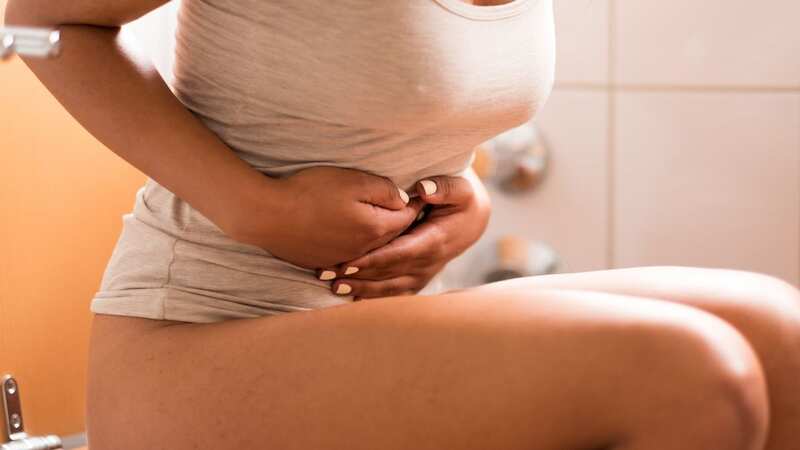'Women’s complaints aren’t treated seriously enough in the medical profession'

Women’s gynae complaints have traditionally been downgraded by our predominantly male medical profession. I’ve written about my frustration over this before.
A prime example is endometriosis. The average delay in both the UK and Australia from symptoms starting to a diagnosis is eight years. Eight years!
A third of patients consult their GP six times or more before seeing a gynaecologist, with four in 10 women having two or more gynaecological referrals before getting a diagnosis.
Women’s complaints just aren’t treated seriously enough.
Mind you, only 20% of the general public has ever heard of endometriosis.
 Baby boy has spent his life in hospital as doctors are 'scared' to discharge him
Baby boy has spent his life in hospital as doctors are 'scared' to discharge him
So here’s my contribution to increasing awareness.
Women with the condition can suffer for years with pain during sexual intercourse and increasingly agonising periods affecting mood, relationships and work.
Simple pain relief is often ineffective and pelvic ultrasound results often come back normal.
In endometriosis, deposits of womb lining are found outside the uterus in the pelvis, on the ovaries and even in the chest where they form cysts.
Each month they “menstruate” like the womb but there’s no outlet so the cysts enlarge and become progressively more painful.
In the UK it affects 1.5 million women. Long-term consequences include impaired quality of life, anxiety, depression and self-harm. The prevalence of endometriosis in women with infertility could be as high as 30-50%.
You may ask, why and how, with such severe pain, is it missed? Diagnosis is hard because the symptoms may be attributed to other conditions.
Endometriosis may mimic or even cause irritable bowel syndrome. Symptoms may also be misdiagnosed or dismissed as painful periods.
Women consistently report difficulties in convincing doctors about the severity of their symptoms.
One of the problems is there are no reliable non-invasive tests available to a GP.
 Disabled woman paralysed after falling from wheelchair on plane walkway dies
Disabled woman paralysed after falling from wheelchair on plane walkway dies
A definitive diagnosis is only possible with a hospital laparoscopy by a specialist. Some women whose symptoms are mild or controlled by hormone therapies shun that.
Another problem is there are no biomarkers for endometriosis that could be picked up by a simple blood test.
So NICE recommends transvaginal ultrasound (TVUS) as a first-line investigation – but laparoscopy with biopsy is the gold standard for diagnosis.
For treatment, NICE recommends an initial three-month trial of paracetamol or non-steroidal anti-inflammatory drugs (NSAIDs) alone or with a combined oral contraceptive pill or the minipill.
It also advises not to exclude endometriosis even if ultrasound, pelvic exam and MRI are normal, and to continue investigating.
Hormone therapy and surgery are options, and complex cases where endometriosis involves the bowel or bladder should be managed within a specialist endometriosis centre.
Read more similar news:
Comments:
comments powered by Disqus

































